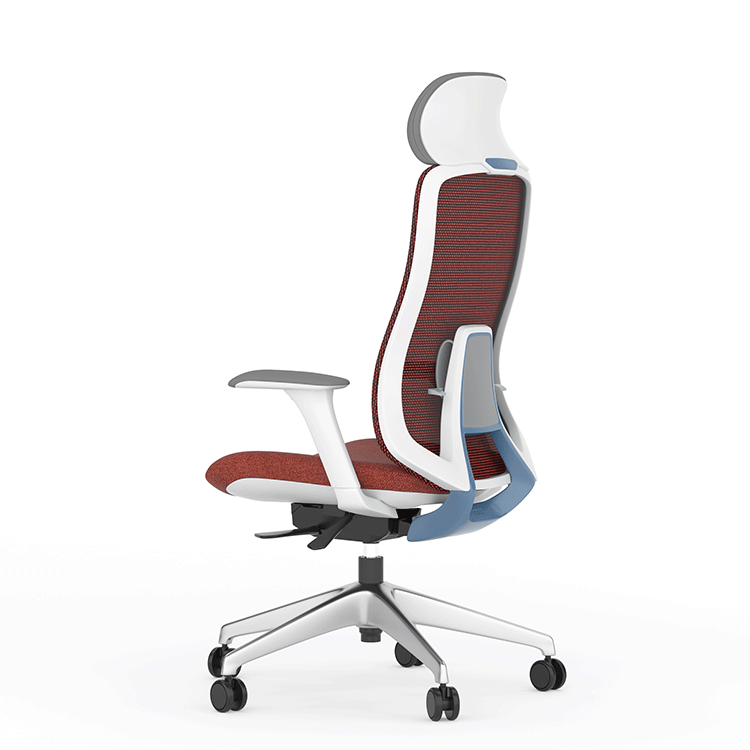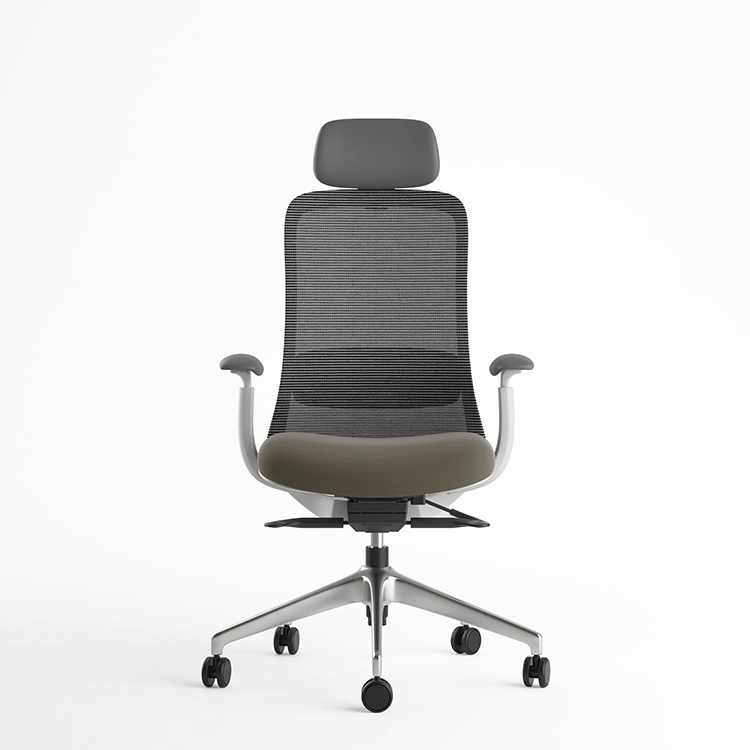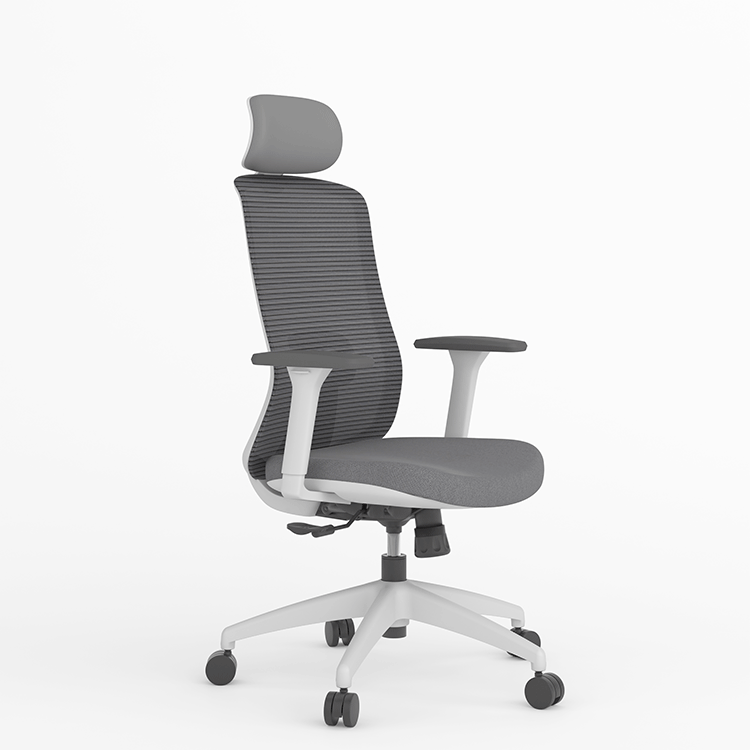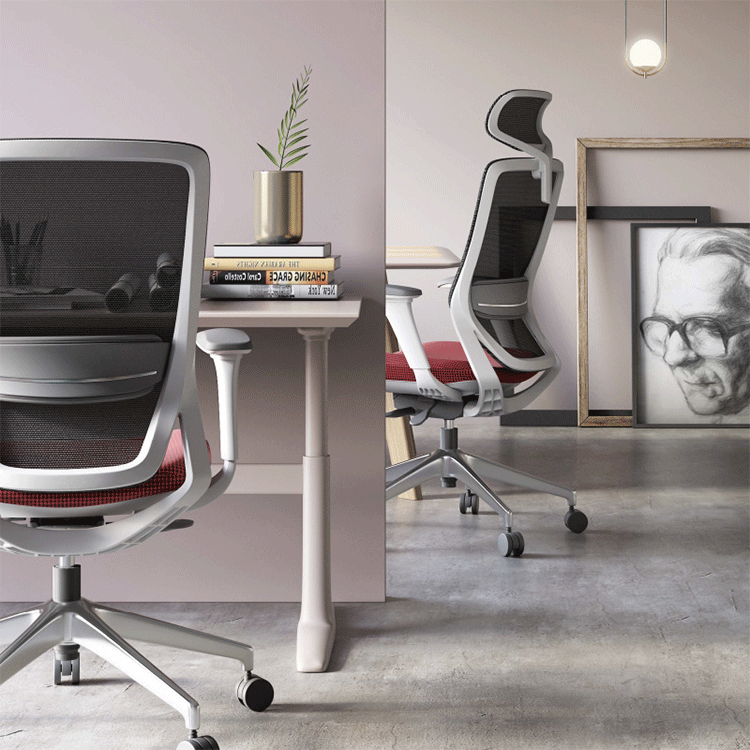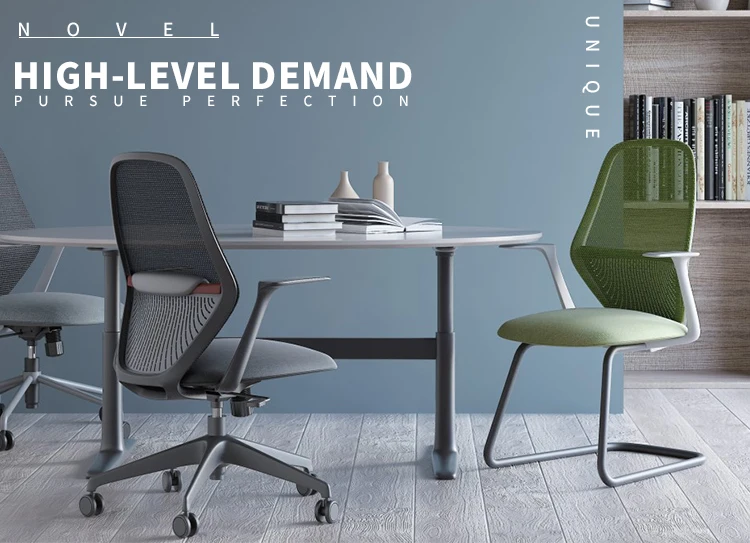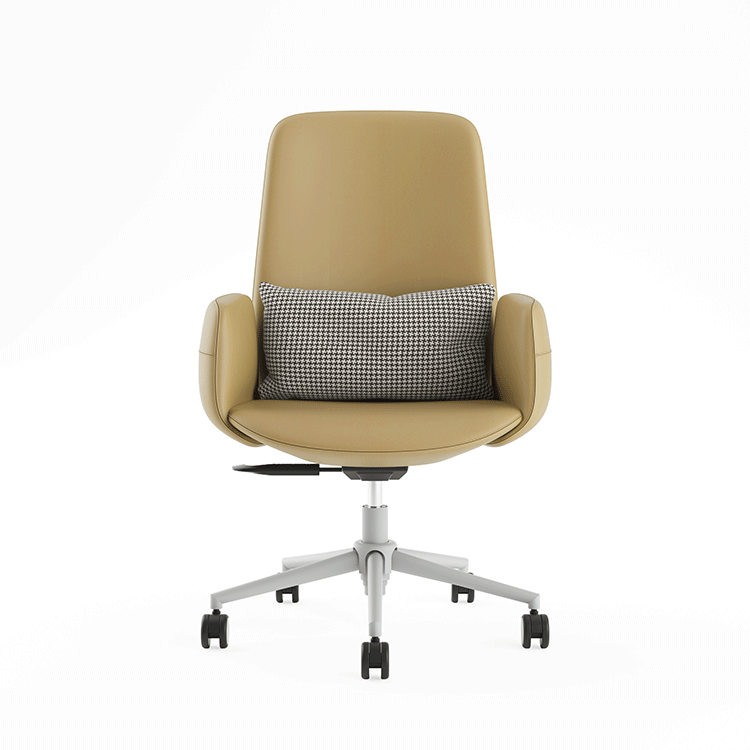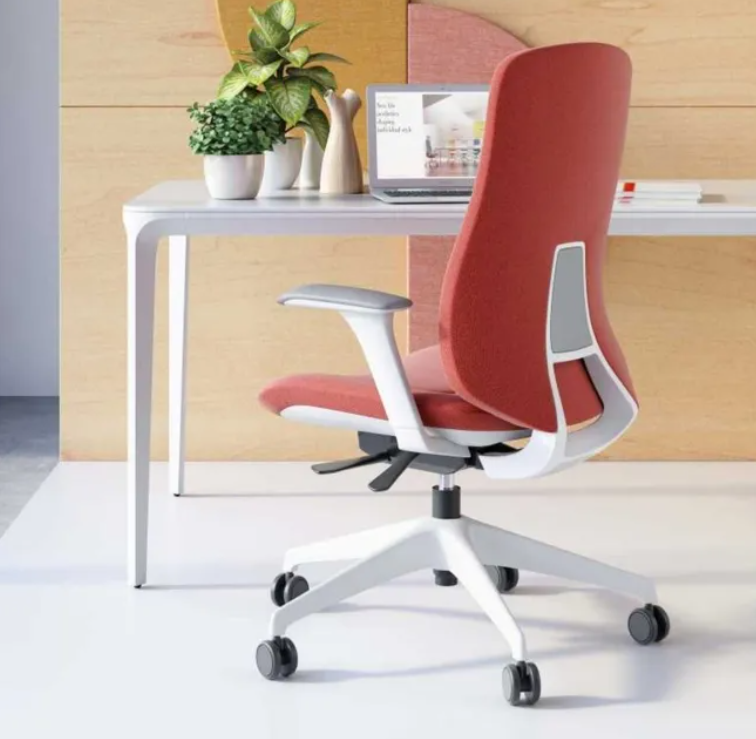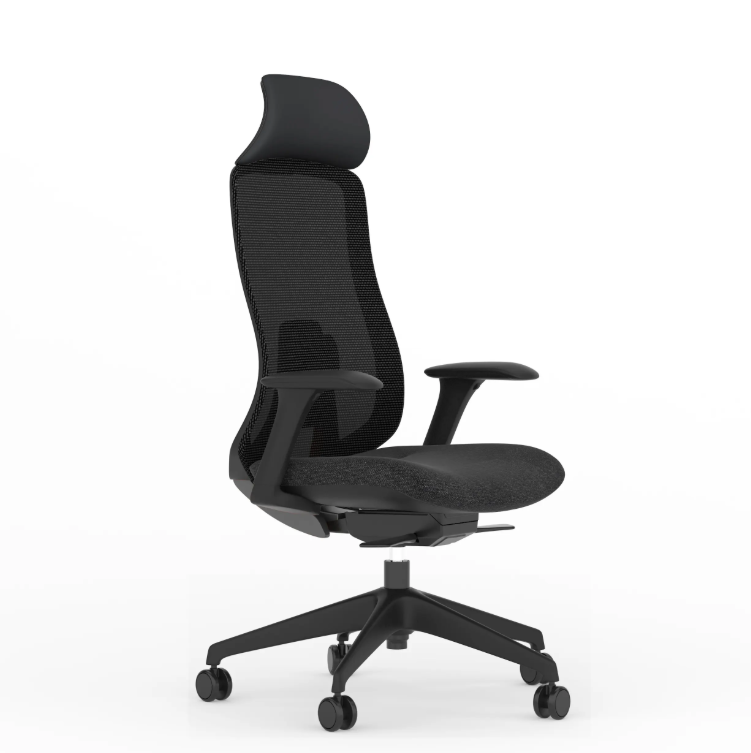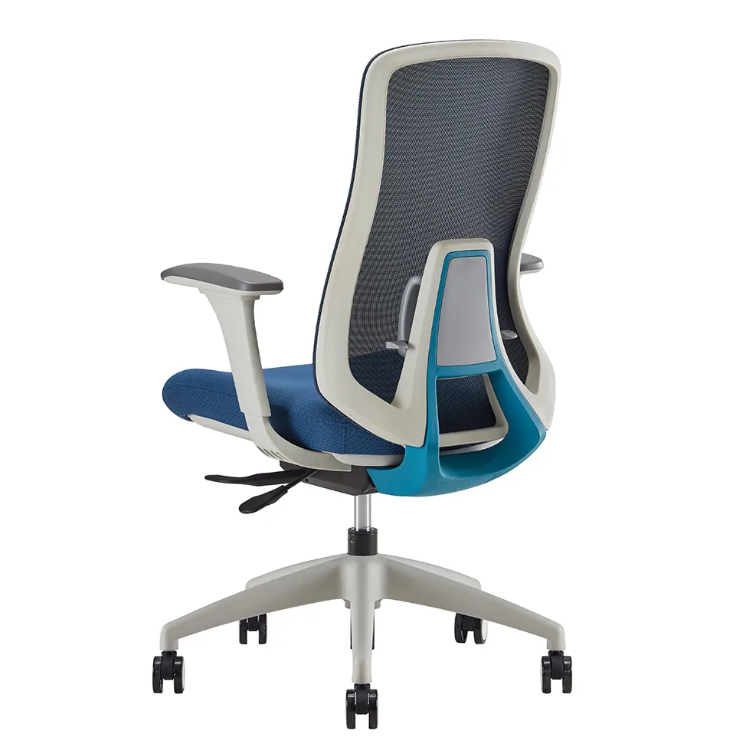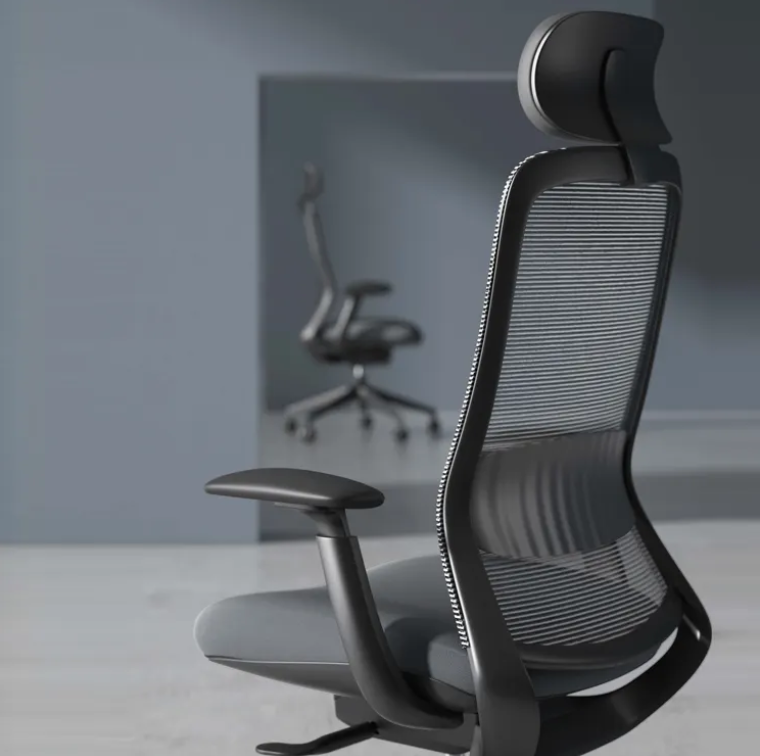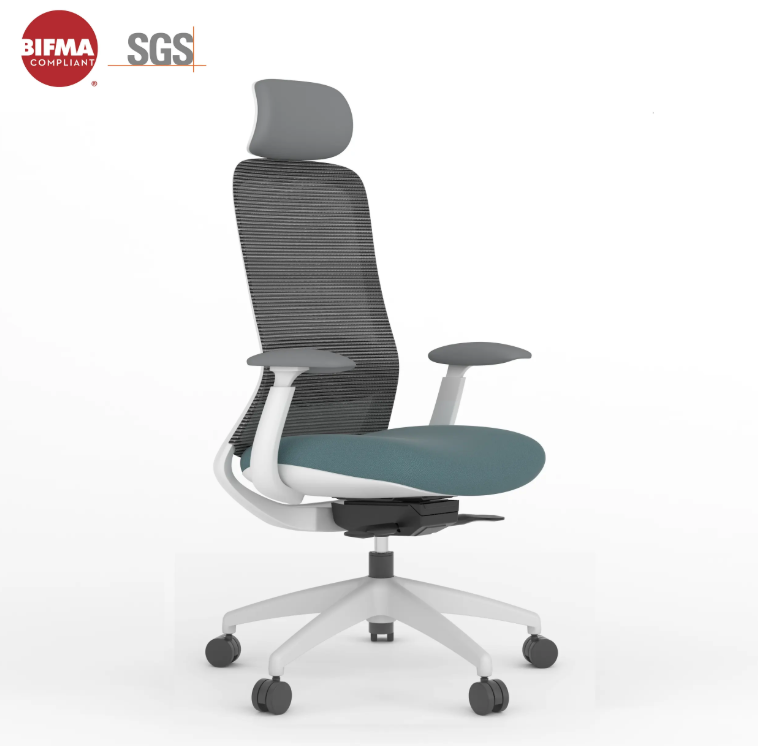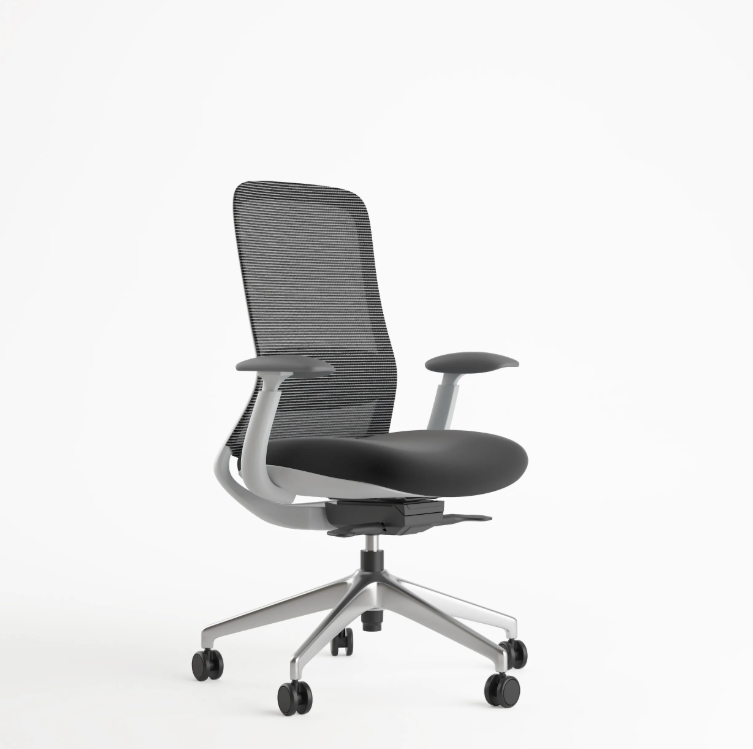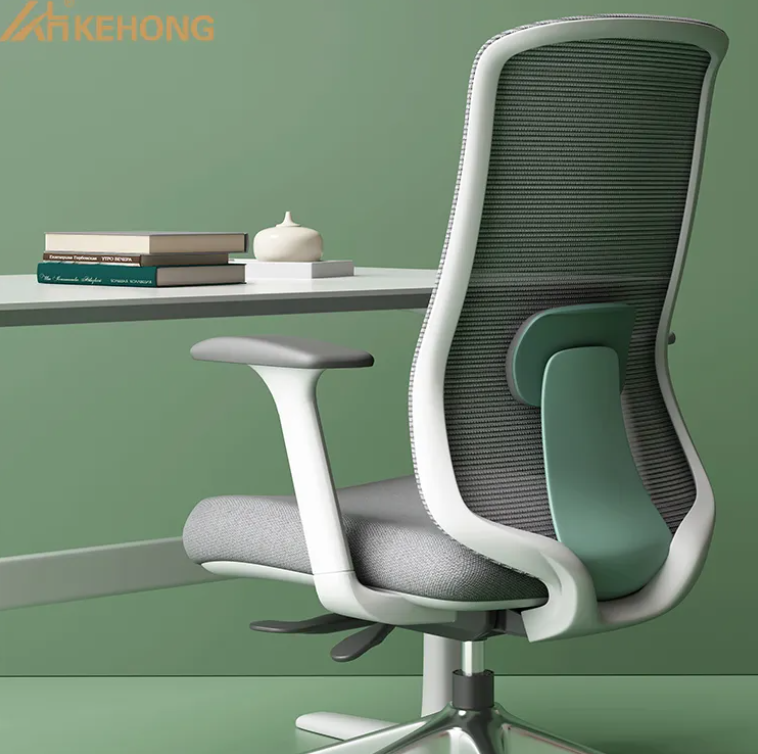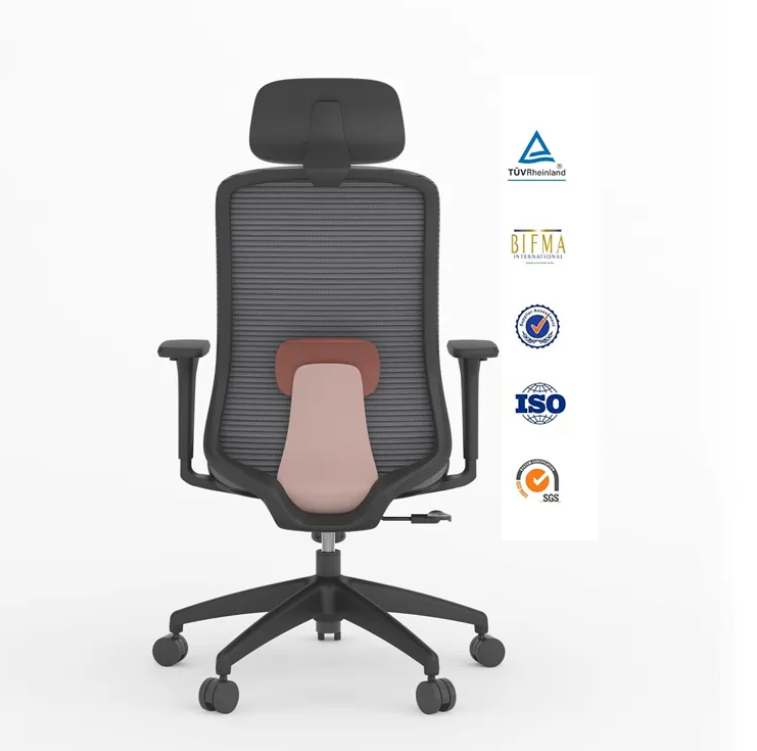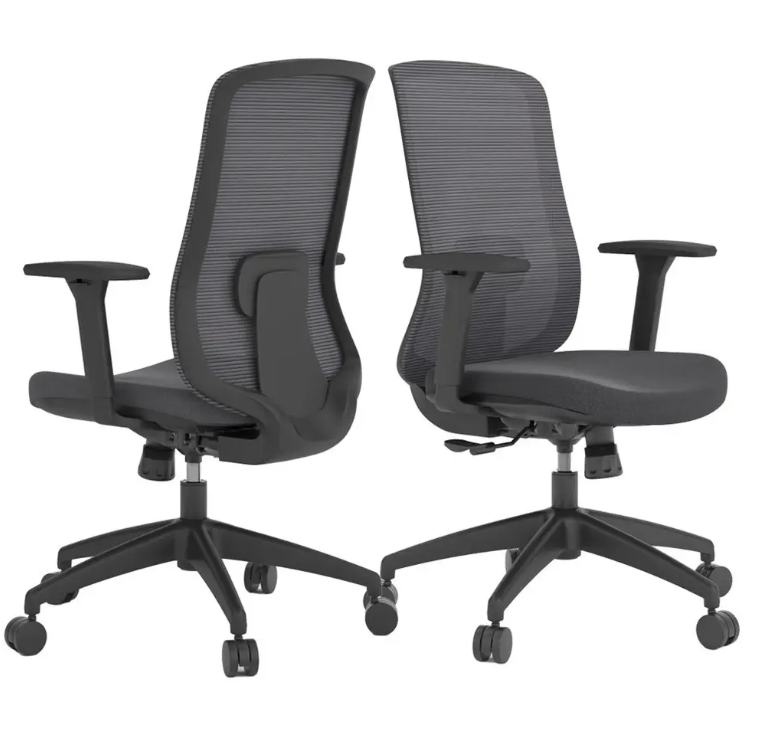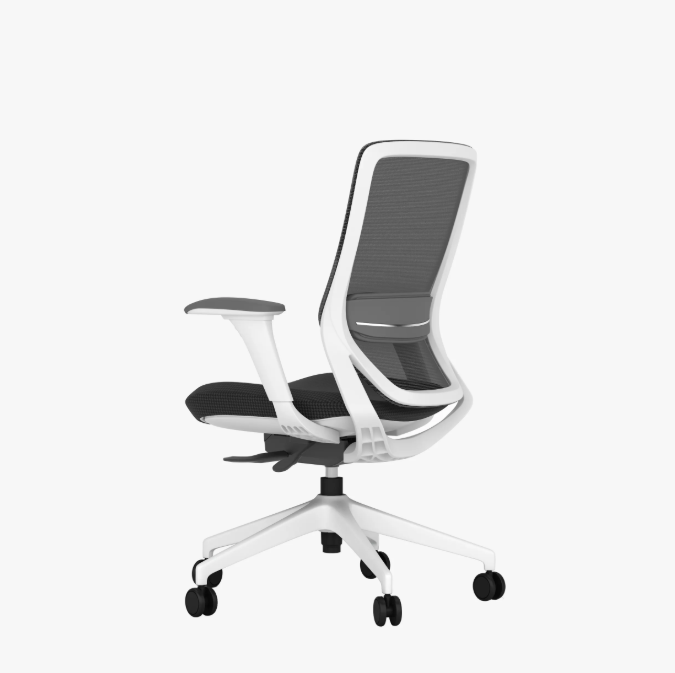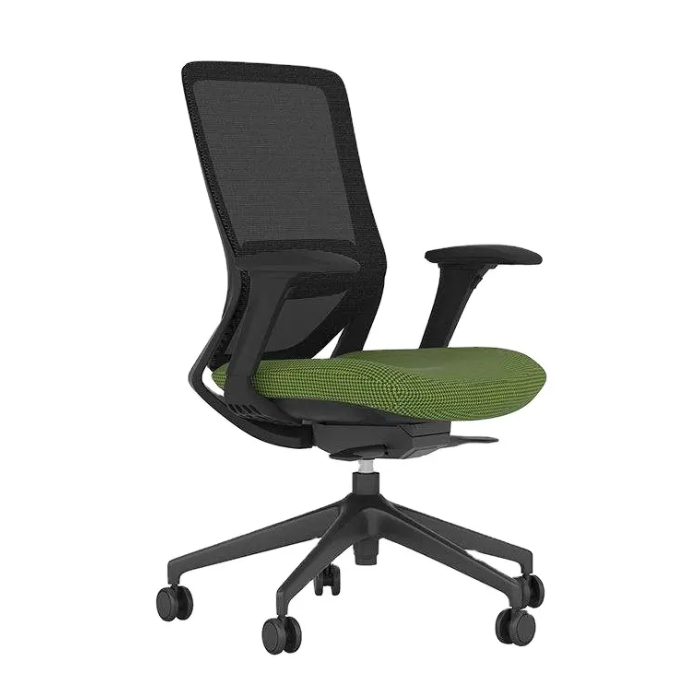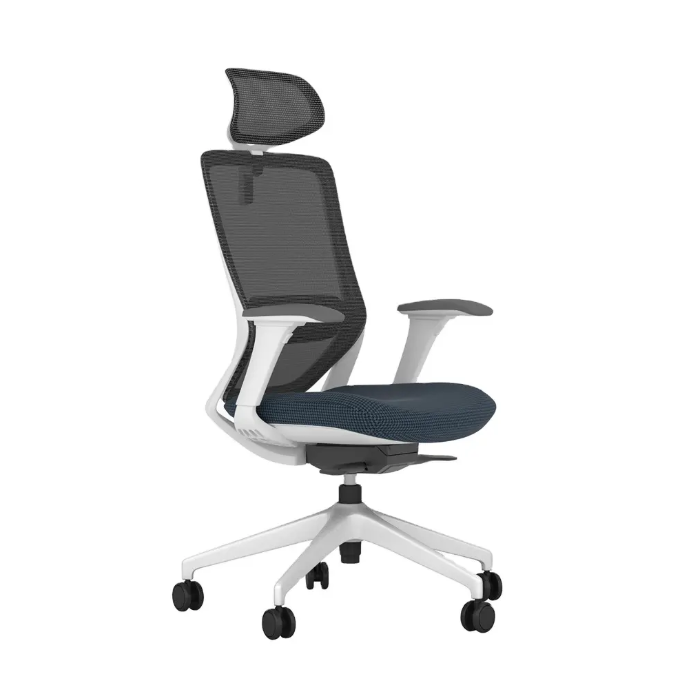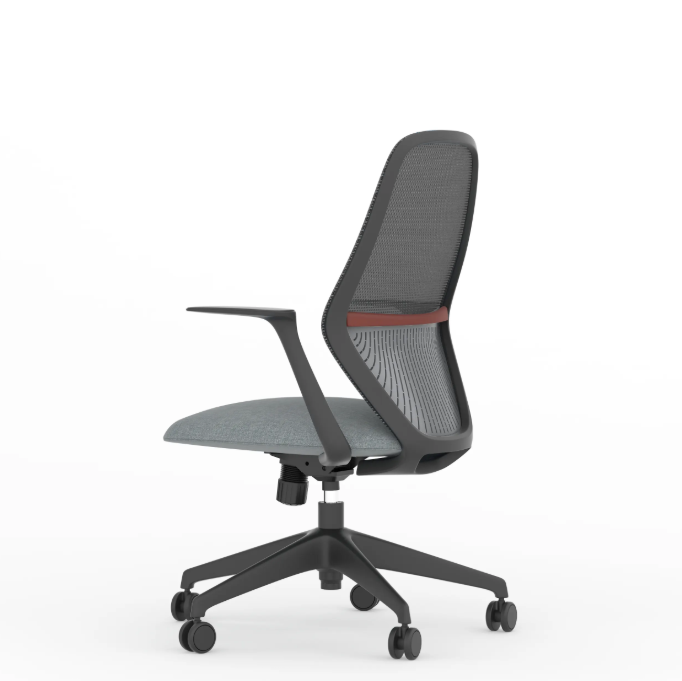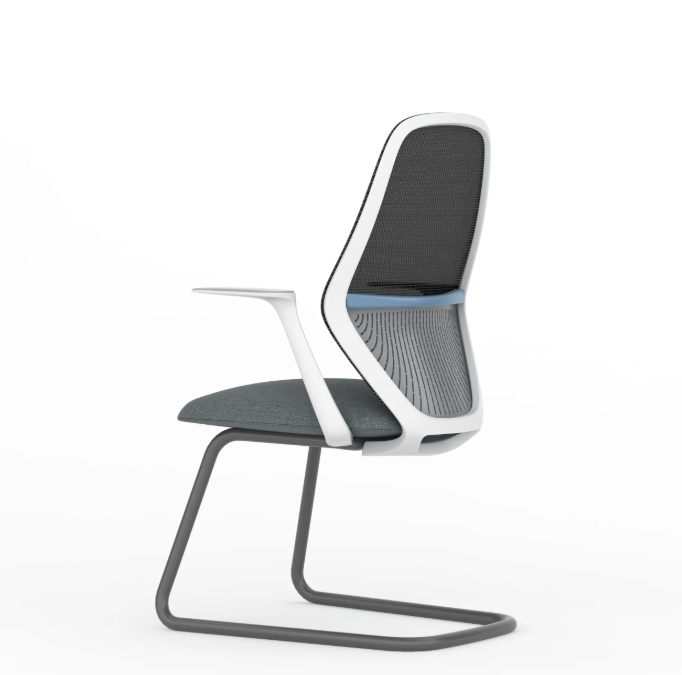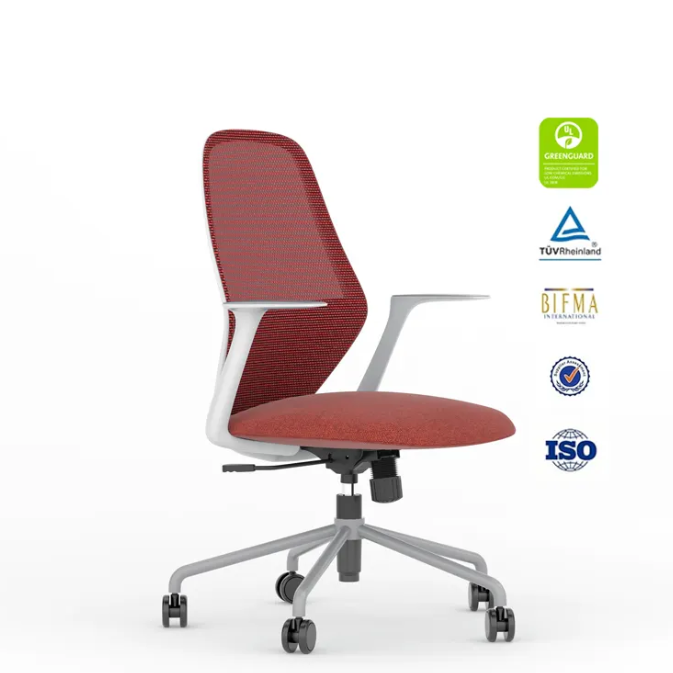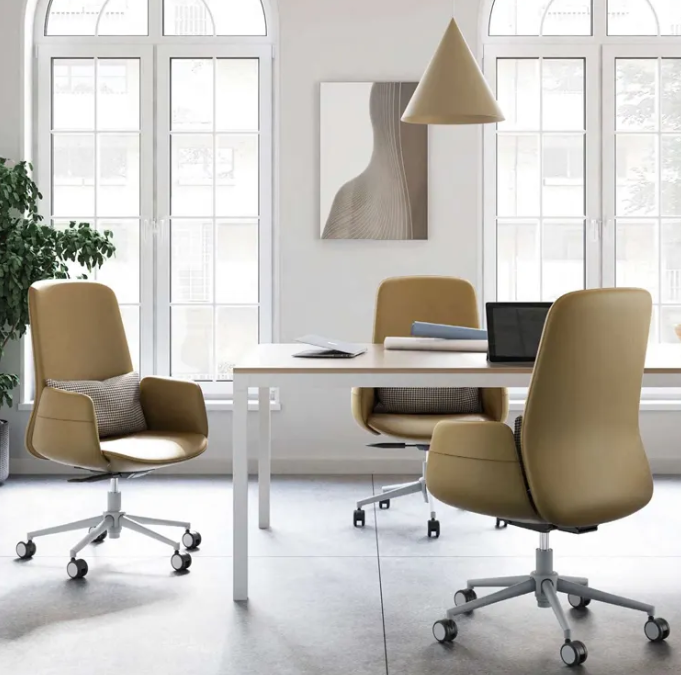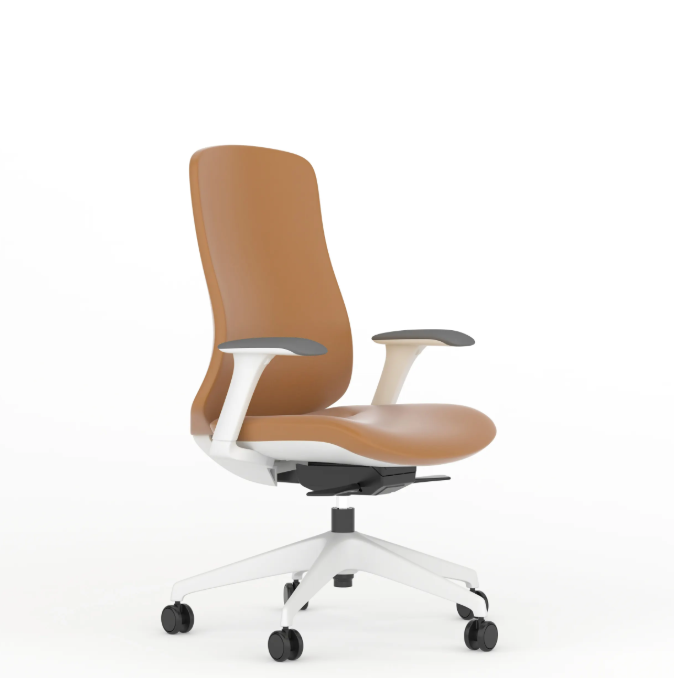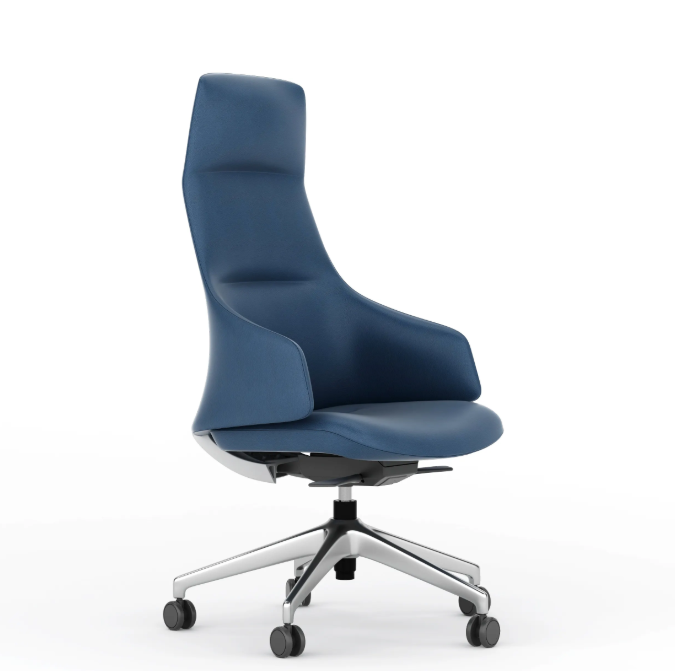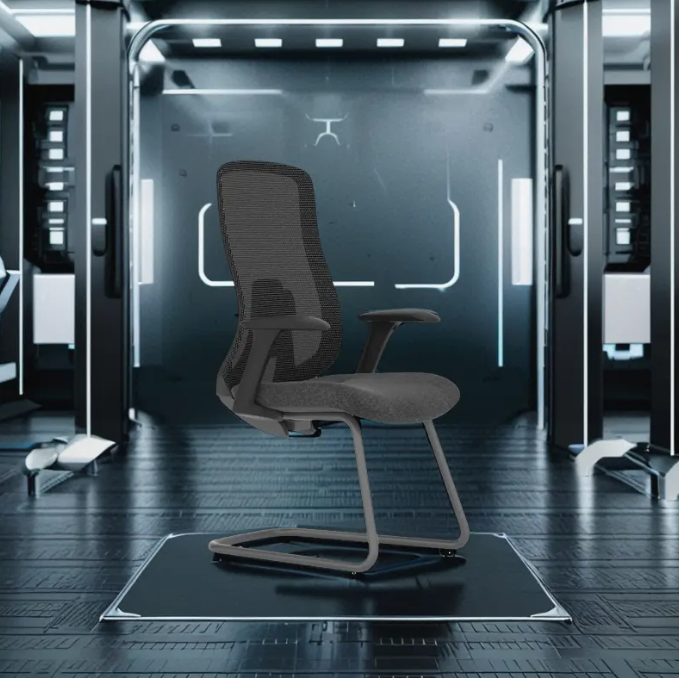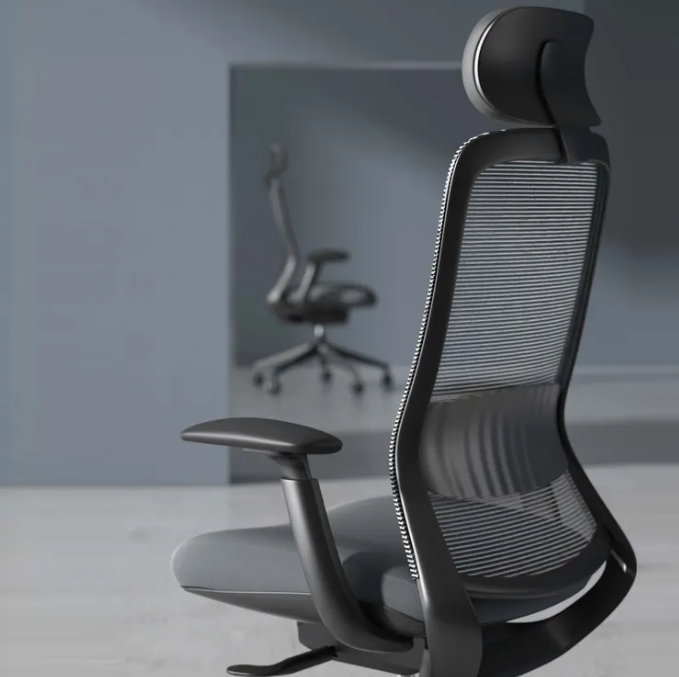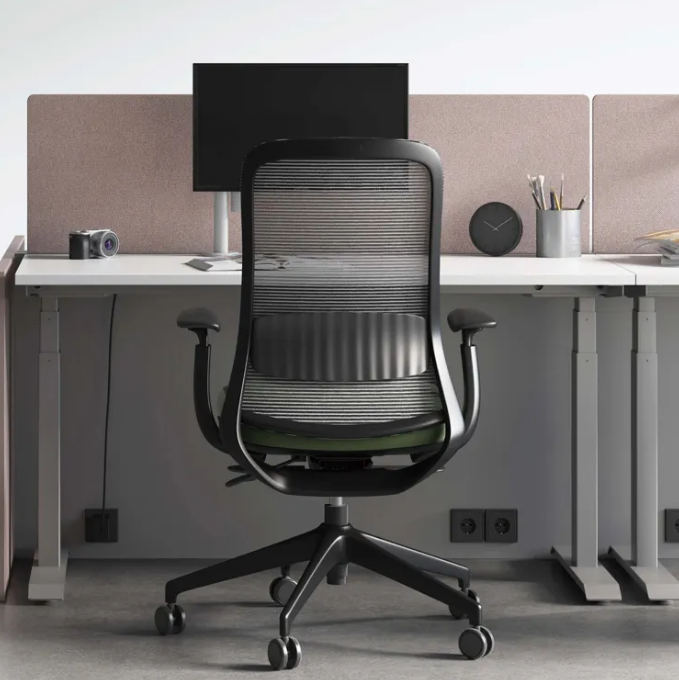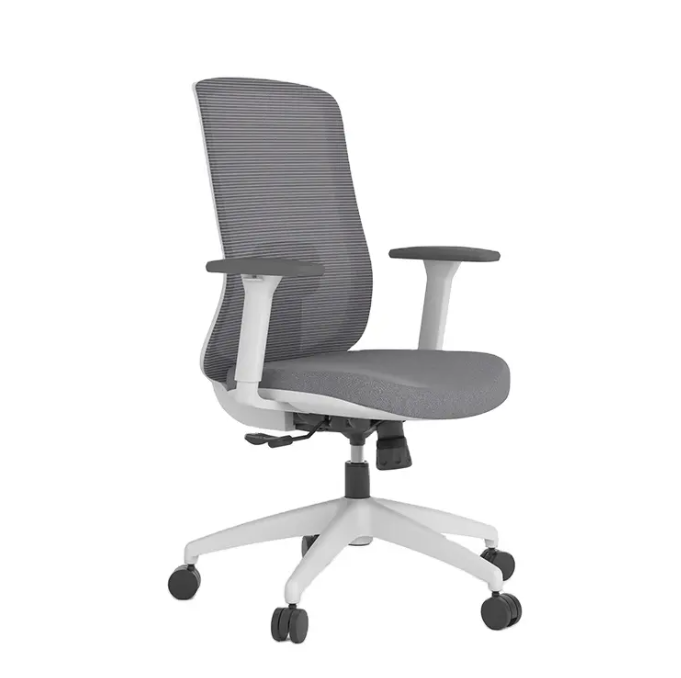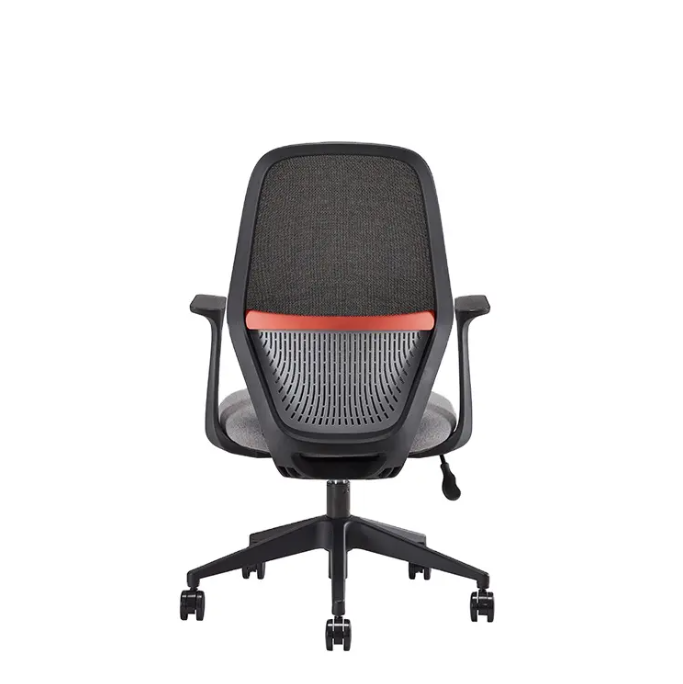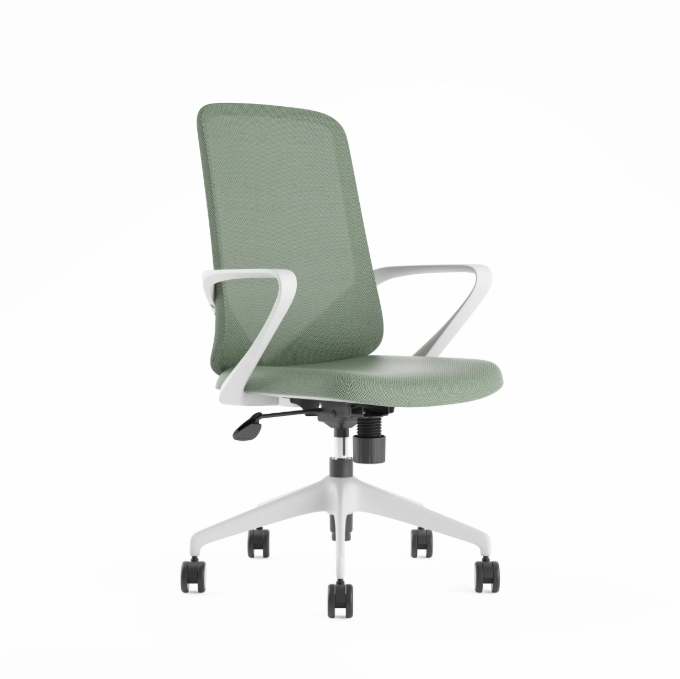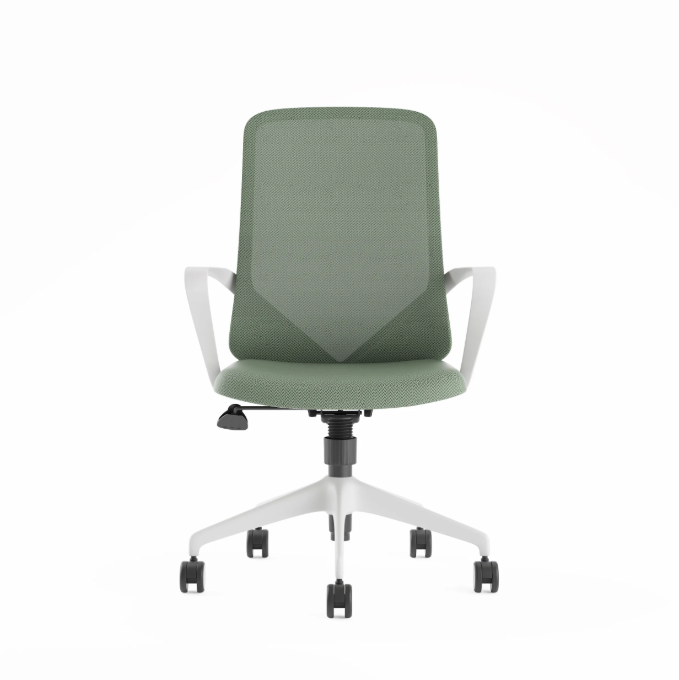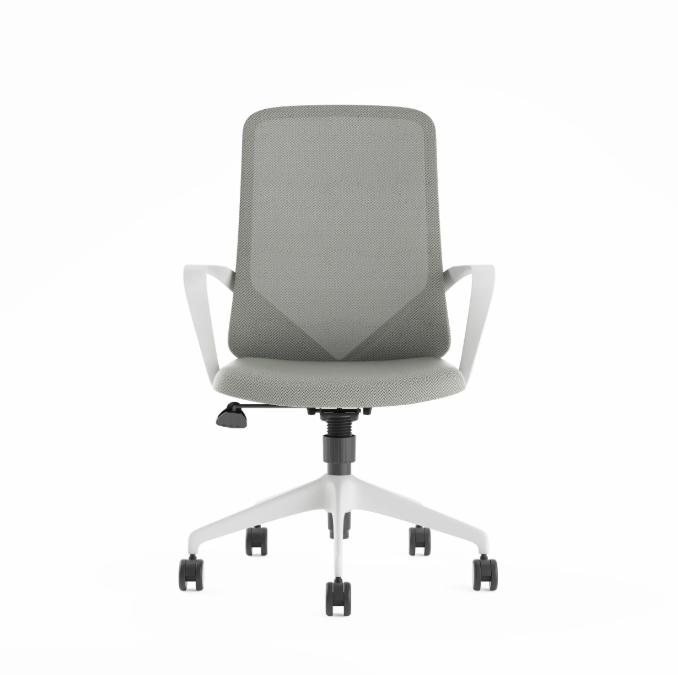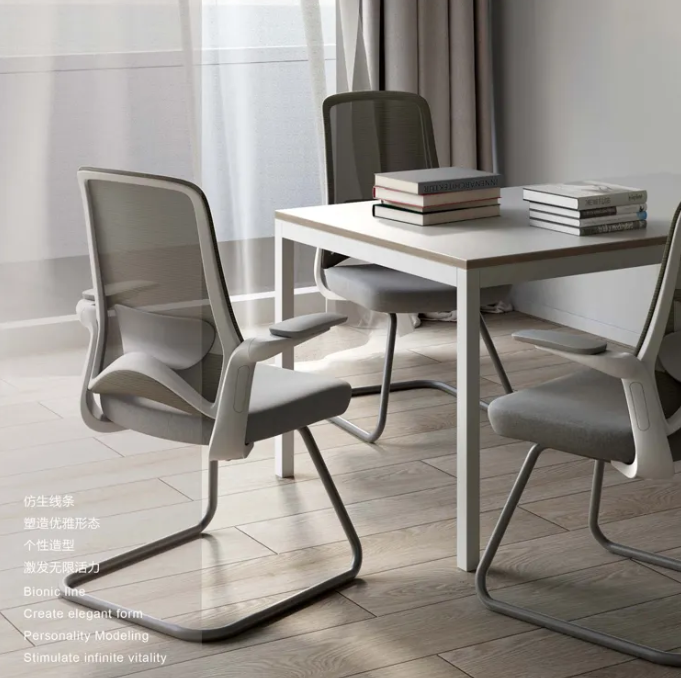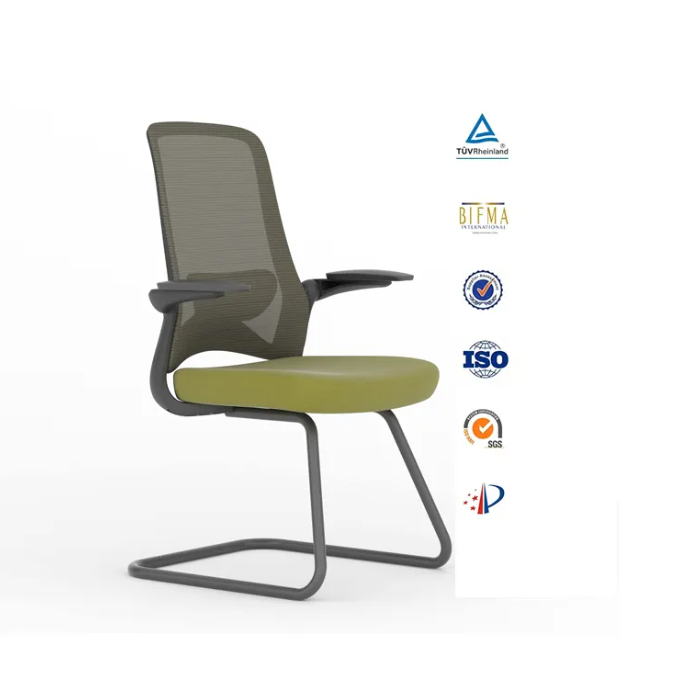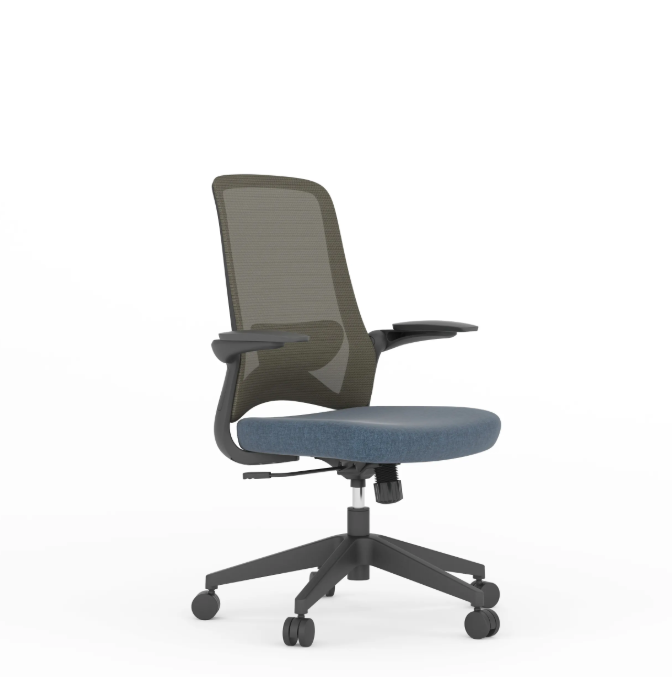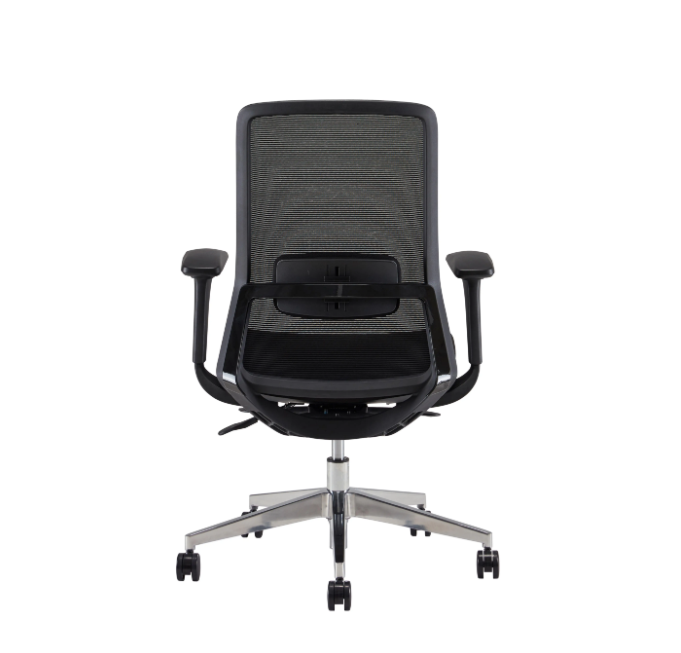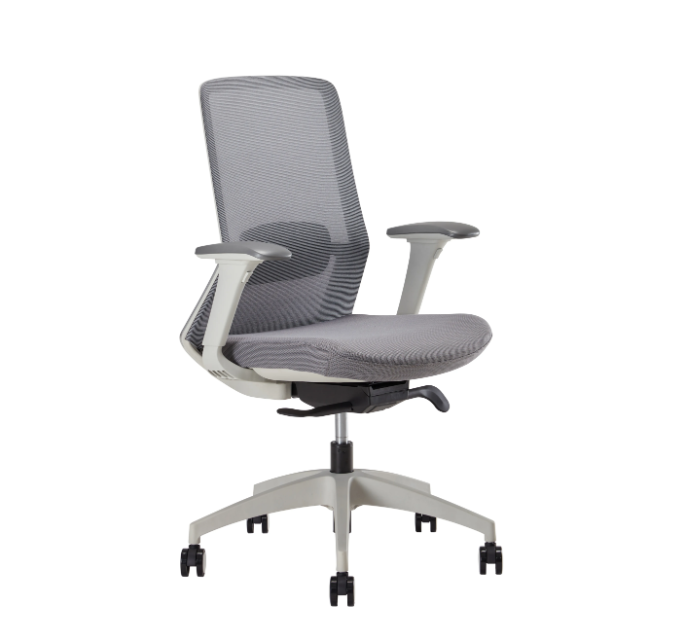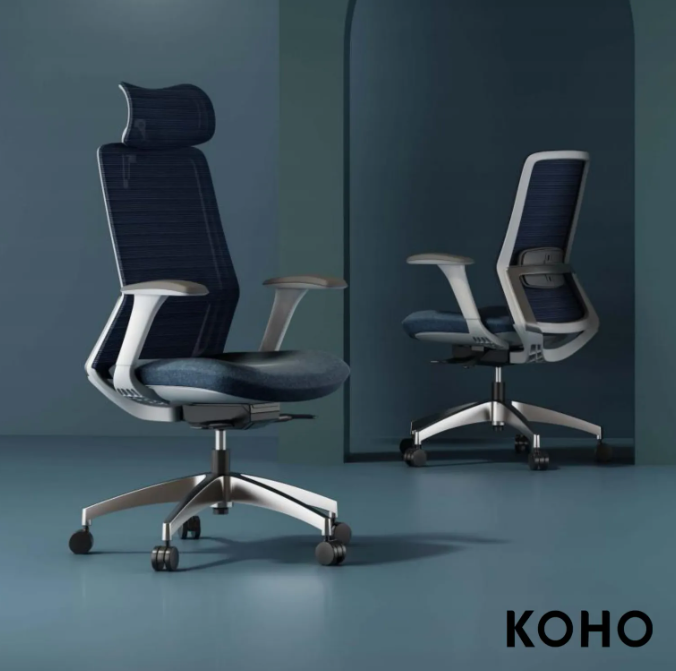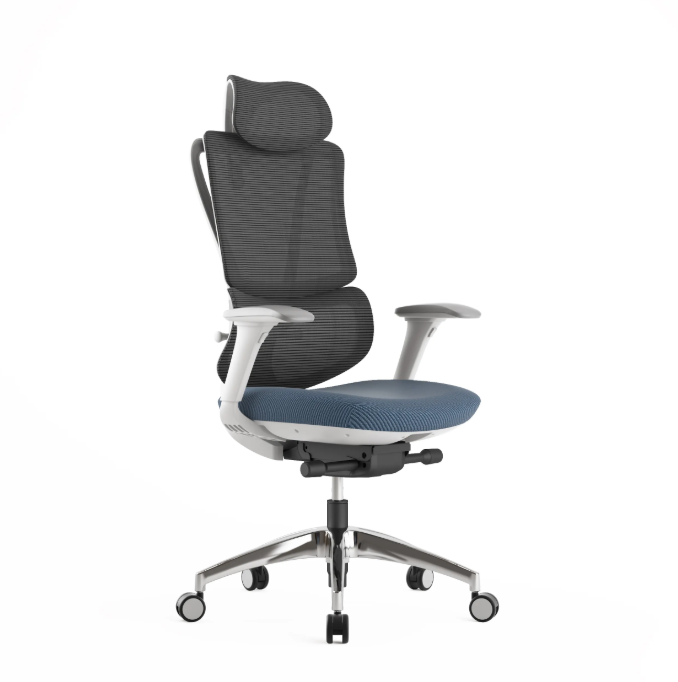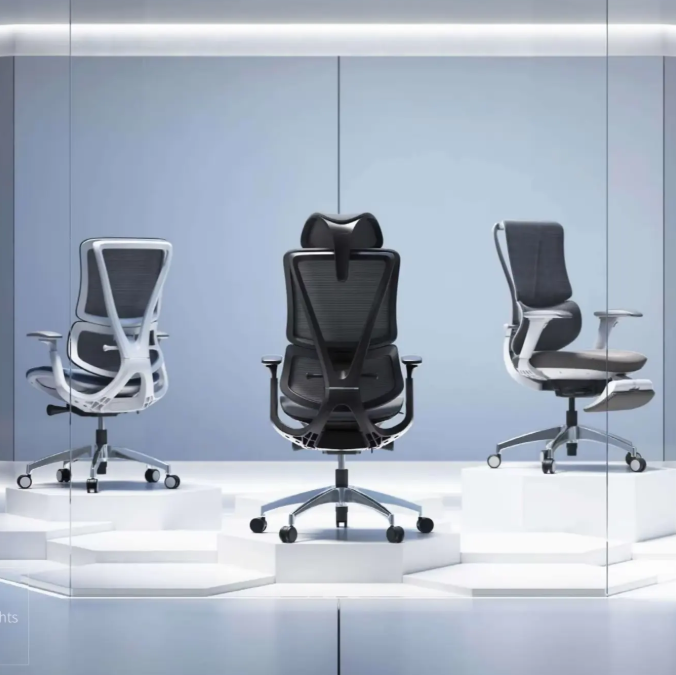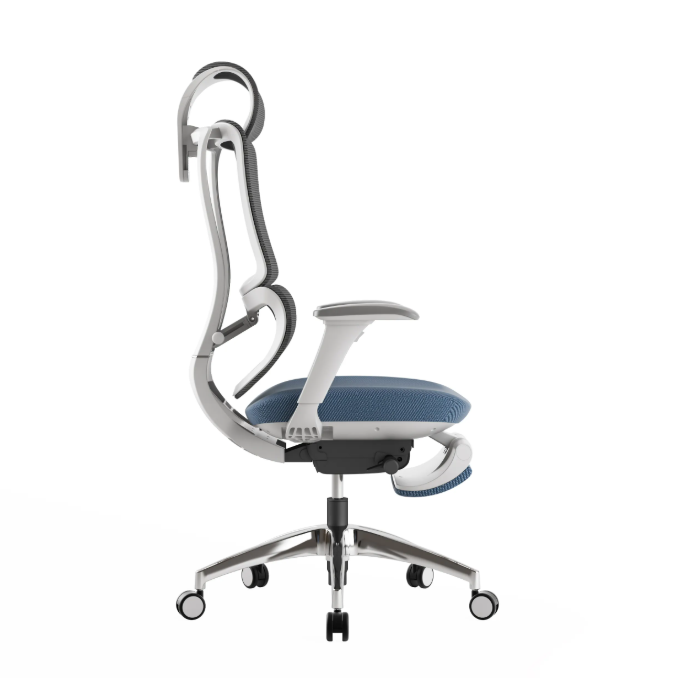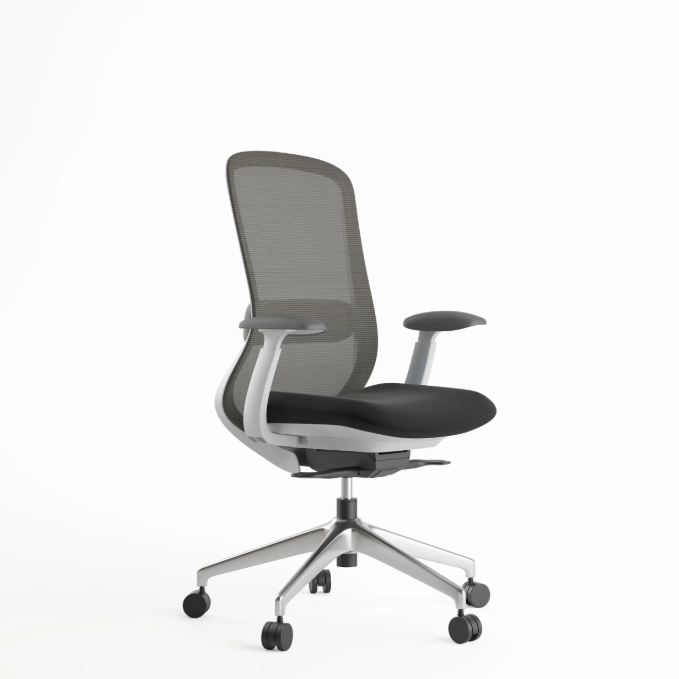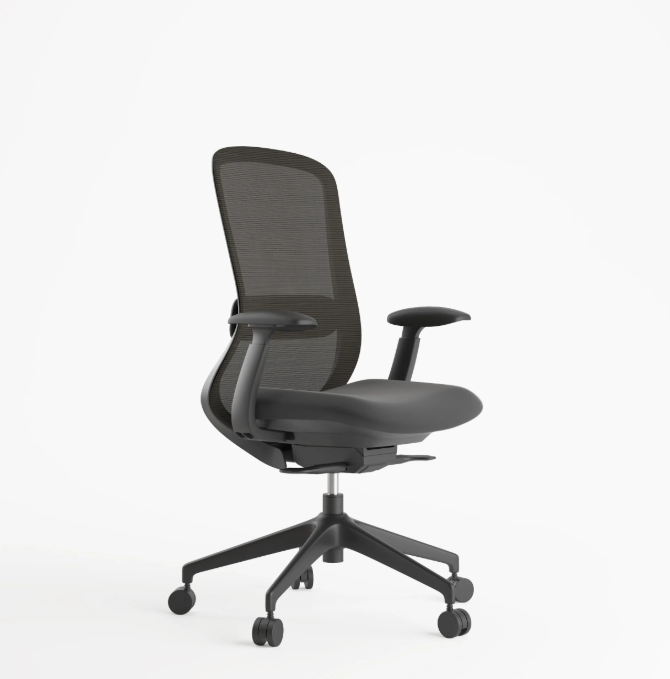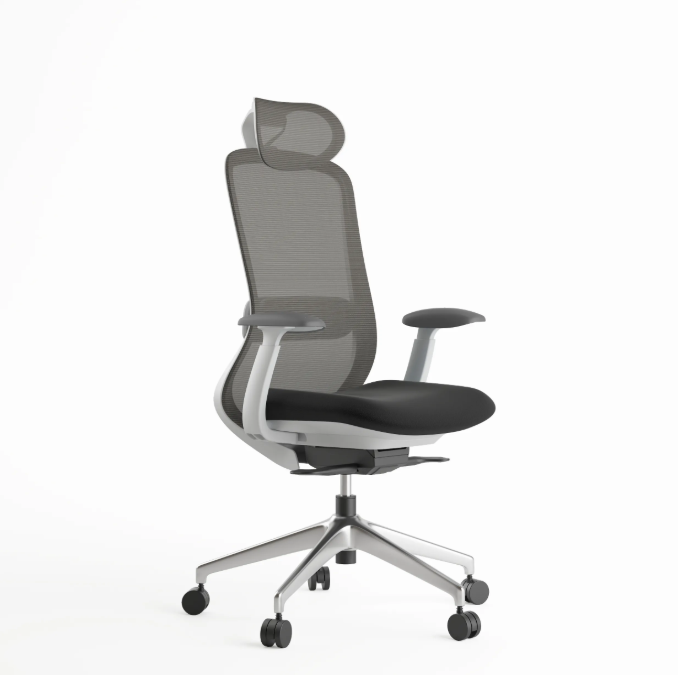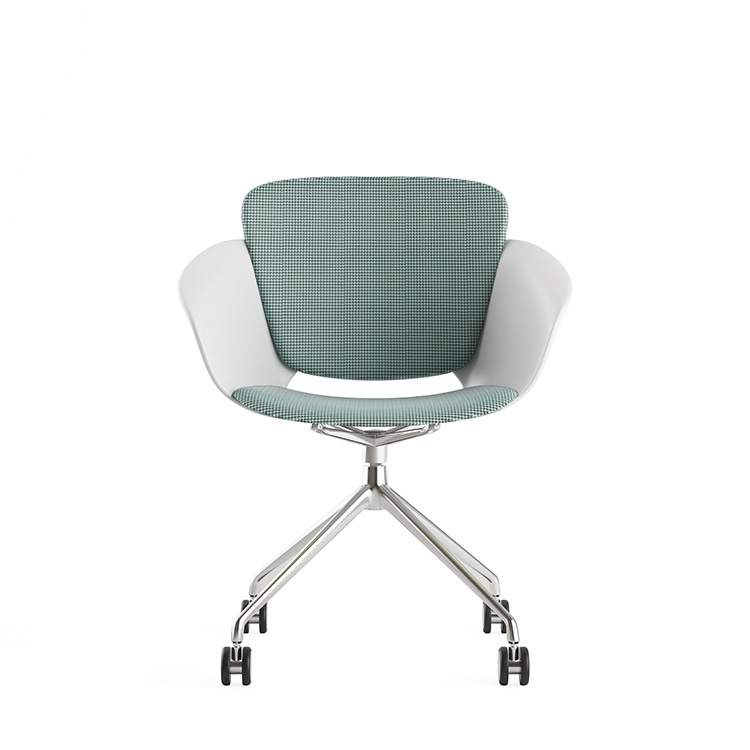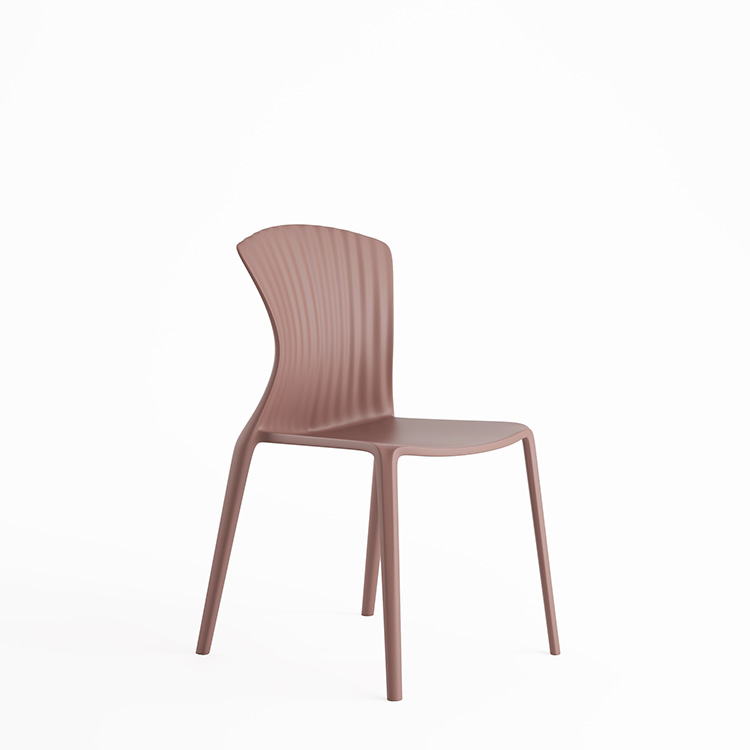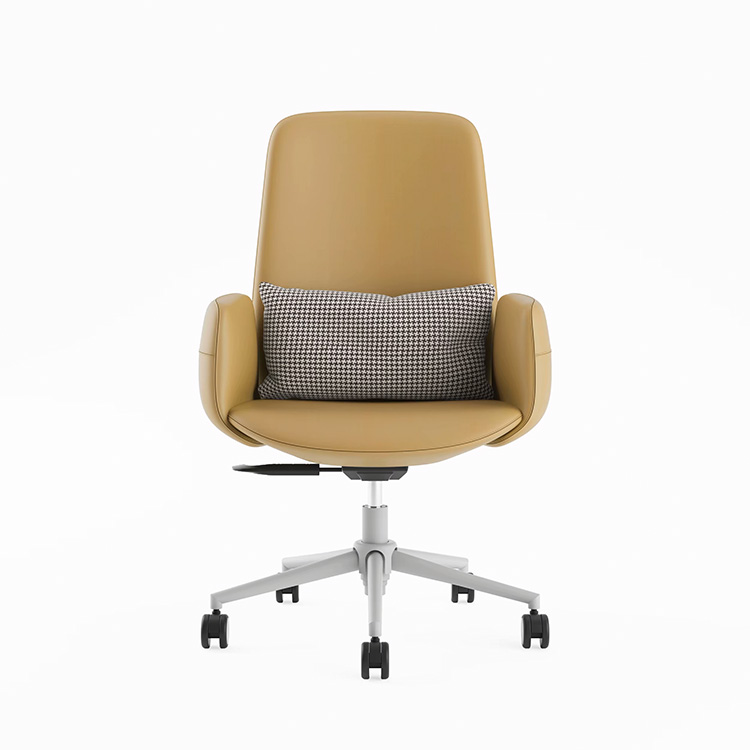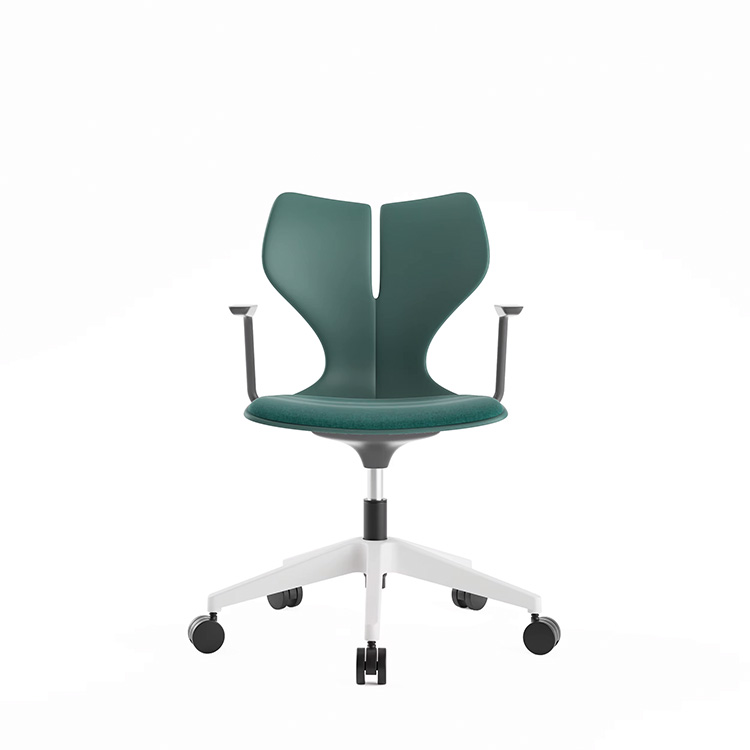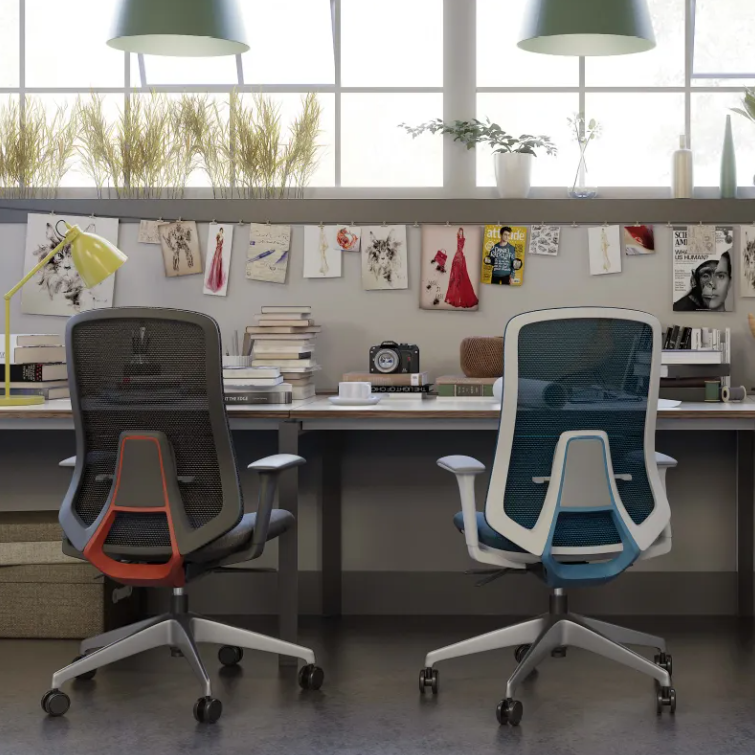How to Select Fabric Office Chair Manufacturers
Choosing the right fabric office chair manufacturer or supplier is a critical decision for businesses and individuals alike. Whether you’re furnishing an office, a home workspace, or a large corporate environment, selecting the right partner ensures quality, durability, and cost-efficiency. In this comprehensive guide, we will walk you through the factors to consider when selecting fabric office chair manufacturers and suppliers, the importance of their role, and the key questions to ask.
Why Choose Fabric Office Chairs?
Before diving into the selection process, it’s important to understand why fabric office chairs are a popular choice:
- Comfort: Fabric chairs offer a soft and breathable surface, ensuring comfort during extended periods of sitting. Unlike leather, which can become sticky or cold, fabric provides consistent comfort across various temperatures.
- Durability: High-quality fabrics can withstand wear and tear, making them suitable for high-traffic environments. When paired with a robust frame, these chairs can last for years with minimal maintenance.
- Aesthetic Appeal: Fabric chairs come in various colors, patterns, and textures, allowing them to match different office designs. This versatility makes them ideal for modern, traditional, or eclectic office styles.
- Cost-Effectiveness: Fabric office chairs are often more affordable compared to leather or mesh alternatives, without compromising quality. This makes them an attractive option for businesses working within a budget.
- Noise Reduction: Fabric chairs are quieter compared to leather or plastic chairs, which can creak or make noise with movement, contributing to a more serene office environment.
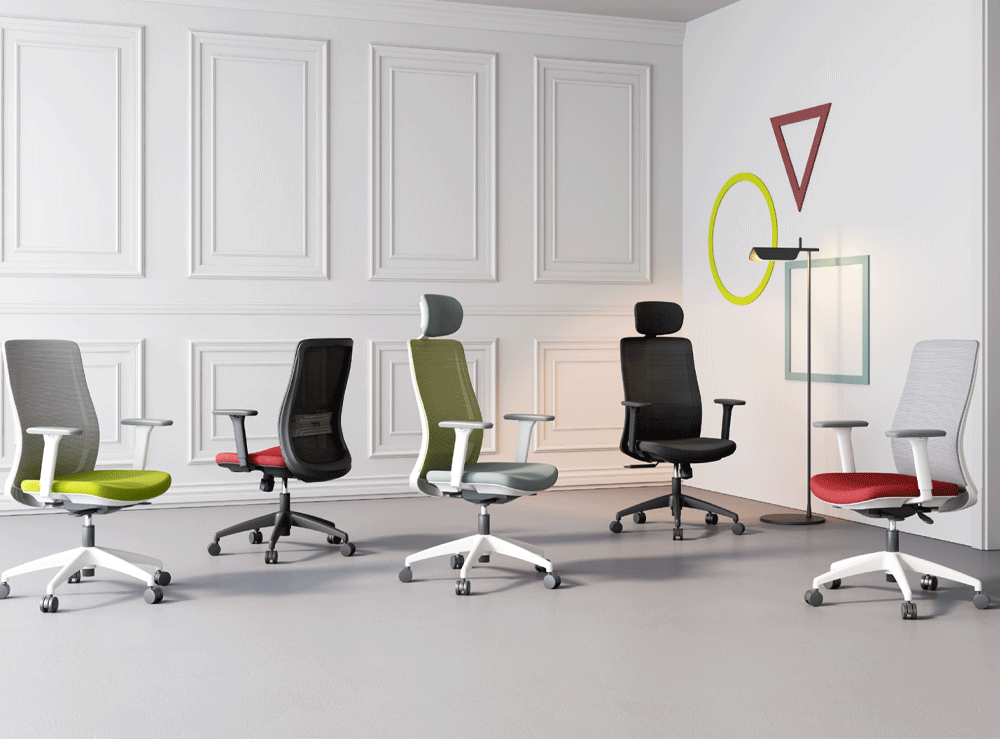
Key Considerations When Choosing a Fabric Office Chair Manufacturer
1. Reputation and Experience
Look for manufacturers with a strong reputation in the industry. Experienced fabric office chair manufacturers often have a proven track record of delivering high-quality products.
How to Assess Reputation:
- Check online reviews and testimonials on trusted platforms.
- Look for industry certifications or awards that demonstrate excellence.
- Ask for references from previous clients, especially those in similar industries.
- Investigate their history of partnerships with well-known brands or organizations.
2. Product Quality
The quality of the chairs is paramount. Ensure the manufacturer uses durable materials and employs strict quality control processes.
Key Indicators of Quality:
- Type of fabric used, such as stain-resistant, breathable, or antimicrobial fabrics.
- Strength and durability of the chair’s frame, often made of metal or reinforced plastic.
- Ergonomic features, such as lumbar support, adjustable components, and cushioned seats.
- Compliance with safety and ergonomic certifications like BIFMA or ISO standards.
3. Customization Options
A good fabric office chair supplier should offer customization options to meet your specific needs.
Customization Features to Look For:
- Choice of fabric colors, patterns, and textures to match branding or decor.
- Adjustable seat height, armrests, and tilt mechanisms for ergonomic support.
- Branding options, such as embroidered logos or custom tags.
- Special features like memory foam cushions or built-in lumbar support.
4. Production Capacity
For large orders, the manufacturer’s production capacity is a crucial factor. Ensure they can handle your order volume within the desired timeframe.
Questions to Ask:
- What is your monthly production capacity?
- Can you accommodate rush orders without compromising quality?
- How do you manage peak-season demands?
5. Sustainability Practices
Sustainability is becoming increasingly important in today’s market. Choose fabric office chair manufacturers that prioritize eco-friendly practices.
What to Look For:
- Use of recycled or sustainable materials, such as eco-friendly fabrics and frames.
- Compliance with environmental regulations and certifications.
- Energy-efficient manufacturing processes and minimal waste generation.
- Transparent reporting on sustainability efforts and goals.
6. Pricing and Payment Terms
Price is always a key consideration, but it shouldn’t come at the expense of quality. Compare quotes from multiple manufacturers to ensure you’re getting value for your money.
Key Questions:
- Are there bulk discounts for large orders?
- What are the payment terms and conditions?
- Are there hidden costs, such as shipping, taxes, or setup fees?
- Can pricing be adjusted for long-term partnerships?
7. Customer Support and After-Sales Service
Reliable customer support is essential for a smooth buying experience. Check if the manufacturer provides assistance during and after the purchase.
After-Sales Services to Look For:
- Warranty coverage that protects against manufacturing defects.
- Availability of replacement parts for future repairs or upgrades.
- Maintenance and repair services to extend the chair’s lifespan.
- Dedicated customer support for addressing concerns or queries promptly.
Steps to Find the Right Fabric Office Chair Supplier
Step 1: Research and Shortlist Potential Suppliers
Use online directories, industry trade shows, and referrals to create a list of potential fabric office chair suppliers.
Tips for Researching Suppliers:
- Look for suppliers with a strong online presence and positive reviews.
- Review their product catalogs to ensure they offer the styles you need.
- Check their geographical location for shipping feasibility and cost-effectiveness.
- Seek recommendations from industry peers or professional networks.
Step 2: Request Samples
Requesting product samples is a crucial step in evaluating the quality and suitability of a supplier’s offerings.
What to Check in Samples:
- Fabric texture, durability, and resistance to stains or fading.
- Comfort and ergonomic features like cushioning and support.
- Build quality, including the sturdiness of frames and joints.
- Attention to detail in finishing and craftsmanship.
Step 3: Conduct Factory Audits
If possible, visit the manufacturer’s facility to inspect their production processes and quality control measures.
Key Areas to Inspect:
- Cleanliness and organization of the factory.
- Quality of raw materials and sourcing practices.
- Testing procedures for finished products to ensure durability and safety.
- Worker conditions and compliance with labor laws.
Step 4: Evaluate Contracts and Agreements
Before finalizing your choice, carefully review the supplier’s terms and conditions.
Key Clauses to Review:
- Delivery timelines and penalties for delays.
- Return and refund policies for defective products.
- Warranty terms and coverage for different chair components.
- Confidentiality agreements to protect proprietary designs or branding.
Step 5: Place a Trial Order
Start with a smaller order to test the supplier’s reliability and product quality. Use this as an opportunity to evaluate their delivery performance and customer service responsiveness.
Benefits of Partnering with the Right Fabric Office Chair Manufacturer
- Consistent Quality: Ensures that every chair meets your expectations, enhancing employee comfort and productivity.
- Cost Savings: Reduces expenses through competitive pricing, bulk discounts, and fewer defects.
- Timely Delivery: Keeps your projects on schedule, avoiding costly delays.
- Customization: Provides tailored solutions to fit your brand or office needs, ensuring a cohesive and professional look.
- Long-Term Partnership: Builds trust and simplifies future procurement, creating a reliable supply chain.
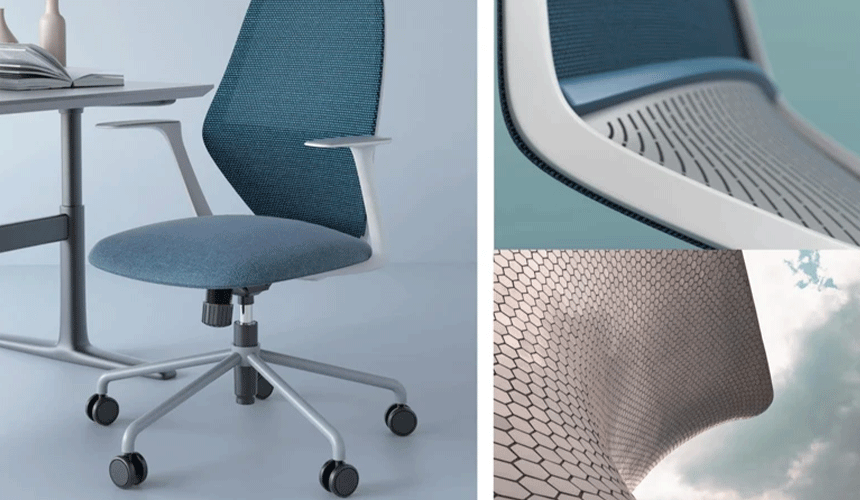
FAQs About Selecting Fabric Office Chair Manufacturers
Q1: What is the difference between a fabric office chair manufacturer and a fabric office chair supplier?
- Manufacturer: Directly produces the chairs and often offers lower prices due to reduced overhead costs.
- Supplier: Acts as a middleman, providing products from various manufacturers. They may offer more variety but at a slightly higher cost.
Q2: How can I verify a manufacturer’s credibility?
- Check certifications such as ISO standards or BIFMA compliance.
- Look for memberships in industry associations or trade groups.
- Request references from previous clients and inquire about their experiences.
Q3: What are the advantages of buying directly from a manufacturer?
- Lower costs due to the absence of middlemen.
- Better customization options tailored to your specific needs.
- Direct communication for resolving issues or making changes to orders.
Q4: How important is warranty coverage?
Warranty coverage is crucial as it protects your investment and ensures peace of mind. Look for manufacturers offering at least a one-year warranty on their chairs, covering both materials and workmanship.
Q5: Can fabric office chair manufacturers accommodate small orders?
Many manufacturers have minimum order quantities (MOQs). However, some may accommodate smaller orders for new clients or special projects. It’s worth discussing your needs with the manufacturer to find a suitable arrangement.
Conclusion
Selecting the right fabric office chair manufacturer or supplier is a strategic decision that impacts the comfort, functionality, and aesthetics of your workspace. By considering factors such as reputation, product quality, customization options, and sustainability practices, you can make an informed choice that aligns with your needs and budget. Whether you’re furnishing a single office or an entire corporate building, partnering with a reliable fabric office chair manufacturer ensures long-term satisfaction and value.
Thanks for contacting us, we will reply you ASAP.

